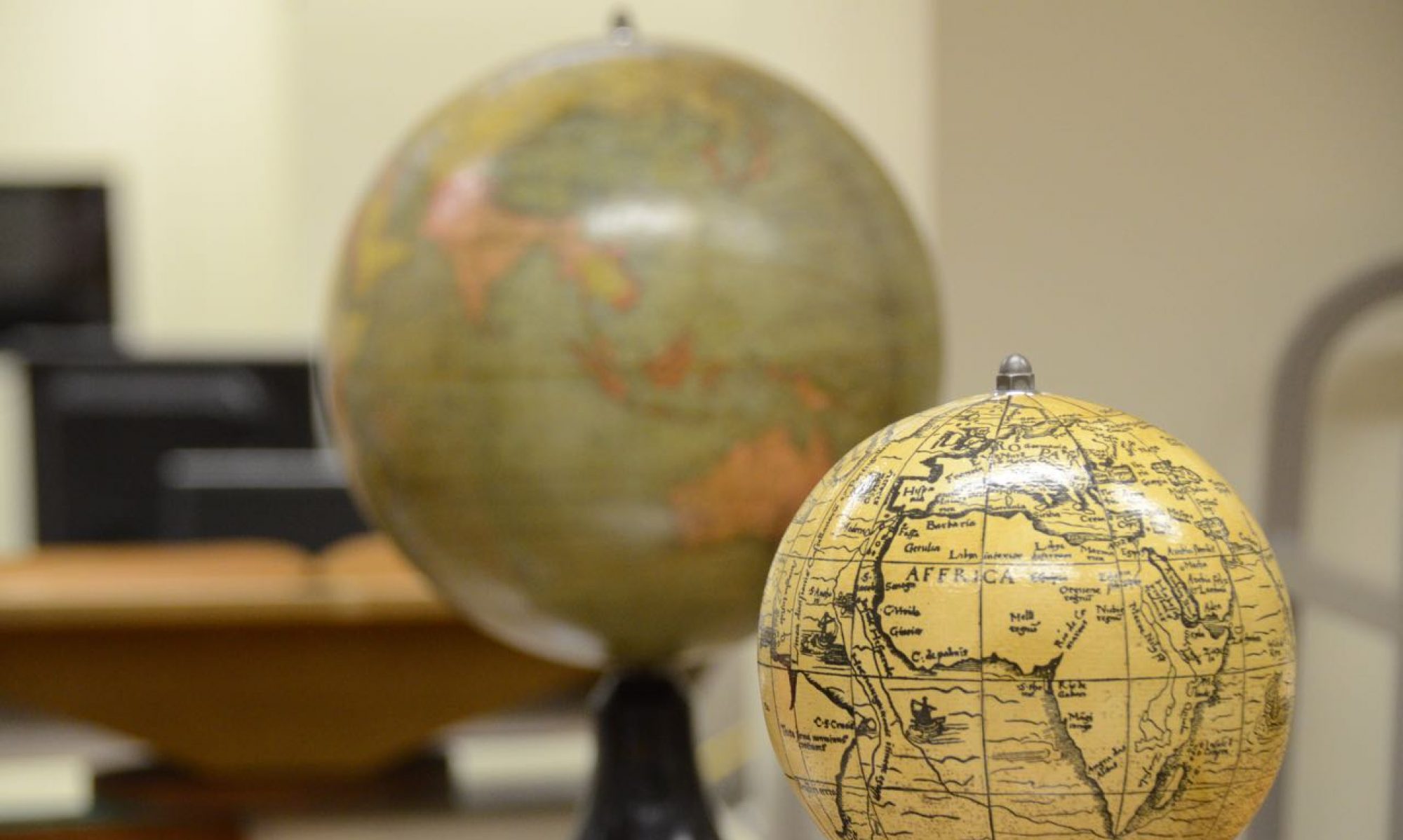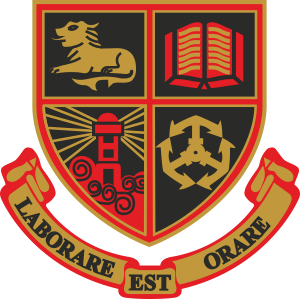Plungiškiai. Serai Entonis Šeras ir Ronaldas Harvudas
by Eugenijus Bunka
eugenijusbunka@gmail.com
Google Translate
Didžiojoje Britanijoje režisieriaus Endžio de Emmonio sukurtame „Dievas teisme“ („Good on Trial“) filme pradžioje pasirodo rabiną Akibą vaidinantis Entonis Šeras (Antony Sher). Pasirodo ir tyli. Jeigu tokio lygio aktorius neprataria nė žodžio, reikia laukti filmo pabaigos ir tikėtis, kad pagal režisieriaus sumanymą jis trinktels taip, kad maža nepasirodys.
Veiksmas vyksta Aušvico koncentracijos stovyklos viename barake, kuriame sugrūsti žydai žaidžia priešmirtinį žaidimą – teisia Dievą, kaltindami jį sulaužiusį pažadą rūpintis savo išrinktąja tauta.
Kadras iš filmo „Dievas teisme“. Rabinas Akiba – Entonis Šeras
Filmo veiksmas – rabino Akibos monologo laukimas. Entonio Šero nepažįstantis žiūrovas tai suvokia tik tada, kai jis prabyla. „Dievas nėra geras. Jis niekada nebuvo geras. Jis tik buvo mūsų pusėje… Dievas nėra geras, jis tik stiprus. Jis dabar prieš mus. Bet jis vis dar Dievas… Bet jau ne mūsų Dievas… Jis tapo mūsų priešu… Dabar jis sudarė sandėrį su kažkuo kitu“,- visa savo talento jėga, už kurią ir nuopelnus dramaturgijai Didžiosios Britanijos karalienė suteikė sero titulą, byloja Entonis Šeras – rabinas Akiba.
Tai verčia patikėti, jog visą gyvenimą su Dievu bendraujantis žmogus jį pažįsta ir žino, kaip yra iš tikrųjų.
Entonis Šeras
Paties Entonio Šero gyvenimą irgi galima vertinti kaip pažinimo kelią. Plungėje giminės šaknis turintis, Emanuelio ir Mardžeri Šerų šeimoje Pietų Afrikos Respublikoje gimęs Entonis rašė, kad, devyniolikos metų atvažiavęs į Angliją mokytis aktorystės, iškart suvokė du dalykus: baltosios rasės viršenybės prieš juodaodžius Pietų Afrikos Respublikos gyventojus neteisybę ir būtinybę dėl karjeros slėpti savo žydišką kilmę bei homoseksualumą.
Teatre buvo pilna gėjų, tačiau nė vienas to nerodė. Tą patį darė ir Entonis. O slėpdamas savo gyvenimo Pietų Afrikos Respublikoje tarpsnį, jis iškart prarado tenykštį anglų kalbos akcentą ir sakydavo, jog kilęs iš Londono Hampstedo rajono.
Tačiau viskas liko jame.
1982 m. įstojęs į Karališkąjį Šekspyro teatrą, vaidinęs beveik šimtą vaidmenų teatre, kino ir televizijos filmuose, du kartus pelnęs vieną labiausiai Didžiojoje Britanijoje vertinamų Lorenso Olivje premiją, tapęs rašytoju ir teatro režisieriumi, mėgstamiausiu princo Čarlzo aktoriumi, Entonis Šeras sugrįžo į save. Jis ir jo partneris bei bendradarbis Gregoris Doranas tapo viena iš pirmųjų gėjų porų, pradėjusių civilinę partnerystę Jungtinėje Karalystėje.
Tam reikėjo didžiulės drąsos, nes Anglijoje homoseksualumas buvo dekriminalizuotas tik 1967 metais. Dar buvo gyvas prisiminimas, kaip valdžia susidorojo net su Alanu Turingu, kuris II pasaulinio karo metu iššifravo garsiosios vokiečių Enigmos siunčiamus pranešimus. Anot istorikų, A. Turingas karą Europoje sutrumpino dvejais metais, išgelbėjo 14 milijonų gyvybių, tačiau turėjo pasirinkti bausmę: kalėjimą arba cheminę kastraciją. Pasirinkęs pastarąją, jis nusižudė.
Dar buvo garsi homoseksualaus aktoriaus Džono Gilgudo (Jono Gelgaudo) byla, ir tik kolegų bei jo talento gerbėjų palaikymas išgelbėjo jį nuo kalėjimo.
2001 m. Entonis Šeras pasirinko vaidmenį savo pusbrolio Ronaldo Harvudo (Ronald Harwood) pjesėje “Malerio atsivertimas“ ir sakė, kad kompozitoriaus, aukojančio savo tikėjimą dėl karjeros, istorija įkūnija jo paties kova už tapatybę.
Ronaldas Harvudas – irgi plungiškio vaikas, gimęs Pietų Afrikos Respublikoje, irgi išvažiavęs į Londoną siekti aktoriaus karjeros, bet pasukęs rašytojo, dramaturgo keliu ir taip pat kaip ir Entonis Šeras už nuopelnus teatrui pelnęs Didžiosios Britanijos sero titulą.
Prieš penkiolika metų vaikystės draugo Abelio Levito pakviestas jis lankėsi Plungėje ir, anot Abelio, susitikime su rajono meru Algirdu Pečiuliu ištarė tai, kas šiandien labai aktualu: „Pone mere,- sakė Ronaldas Harvudas, – žinau, kad turite biudžeto sunkumų, bet kad ir ką darytumėte, prašau, nemažinkite savivaldybės biudžeto kultūrai. Tai pakenktų visiems“.
Regis, tai tipiškas kultūrininko požiūris, kuris formuojasi ne per vieną dieną.
Vėlgi Abelis Levitas prisimena, kad, nuo mažų dienų draugavę, bet nežinoję, kad jų anksti mirę tėvai Isakas Horvičius ir Luisas Levitas yra plungiškiai, abu linko į aktorystę. Ronaldas mokykloje rinko visų joje vykusių konkursų laurus ir, gavęs mokyklos baigimo pažymėjimą iškart išskrido į Londoną įgyvendinti savo svajonę.
Tačiau jo mama nepajėgė finansiškai remti sūnaus mokslų, todėl, studijuodamas Karališkoje dramos meno akademijoje, Ronaldas susirado ir darbą: tapo garsaus to meto aktoriaus sero Donaldo Halfito asistentu. Bet tai netiko Akademijai, todėl mokslus teko mesti, liko tik darbas, prisiminimai apie kurį pagimdė garsią Ronaldo Harvudo pjesę, o vėliau ir filmą „Aprengėjas“.
Viso iš po Ronaldo Harvudo plunksnos pasaulį iki šiol išvydo per dvidešimt pjesių, dvidešimt scenarijų filmams, per trisdešimt grožinės ir dokumentinės literatūros kūrinių.
Ronaldas Harvudas su „Oskaru“
Plačiai jo vardas nuskambėjo po to, kai 2002 metais už scenarijų kino filmui „Pianistas“ jam atiteko „Oskaras“ – garsiausias kino pasaulio apdovanojimas. 2007 metais „Oskarui“ buvo nominuotas pagal Ronaldo scenarijų sukurtas dar vienas filmas „Skafandras ir drugelis“, pasakojantis vėlgi tikrą istoriją apie insultą patyrusį, vien kairės akies mirktelėjimais knygą padiktavusį žurnalistą.
Kaip tik tarp šių datų Ronaldas Harvudas – pirmasis tokio lygio autorius ir buvo Plungėje, susitiko su rajono vadovais, moksleiviais, Žemaičių dailės muziejaus lankytojais.
Vaikystės draugai Abelis Levitas (kairėje) ir Ronaldas Harvudas Kaušėnuose 2005 metais
Po jo vizito Abelis Levitas Saulės gimnazijos Tolerancijos centro vadovei Danutei Serapinienei pasiūlė rengti kasmetinius Ronaldo Harvudo vardo moksleivių meninės raiškos konkursus, kurie tęsiami iki šiol ir sulaukia dalyvių iš visos Lietuvos bei paties Ronaldo Harvudo dėmesio.
Ronaldas Harvudas su plungiškiais Saulės gimnazijoje
Pabaigai – Liudvikos Pociūnienės straipsnio “Aš dūstu…“, spausdinto prieš metus bernardinai.lt citata apie du filmus, kuriems scenarijus parašė Ronaldas Harvudas: „Kalbant apie dramatiškiausius XX a. istorijos dalykus, norėčiau pasilikti prie stebėtinai nešališko Romano Polanskio „Pianisto“ ,, … bei Istvano Sabo „Taking sides“ su Harvey Keiteliu. Filmo pavadinimas lietuviškai išverstas „Apsisprendimas“, nors galėtų būti verčiamas ir kaip „Šališkumas“. Mano galva, tai – privaloma programa visiems, norintiems ištarti savo žodį Antrojo pasaulinio karo ir pokario tema kine“.














 Source:
Source: 




















